Food & Lifestyle
Updated: September 12, 2019
Sea Swim – Nutrition Tips
The 35th Foster’s Sea Swim isn’t far away now! This may be your first swim event, or perhaps you’re a seasoned pro. Either way, we’re here to help with some nutritional tips whilst your training for the big day.
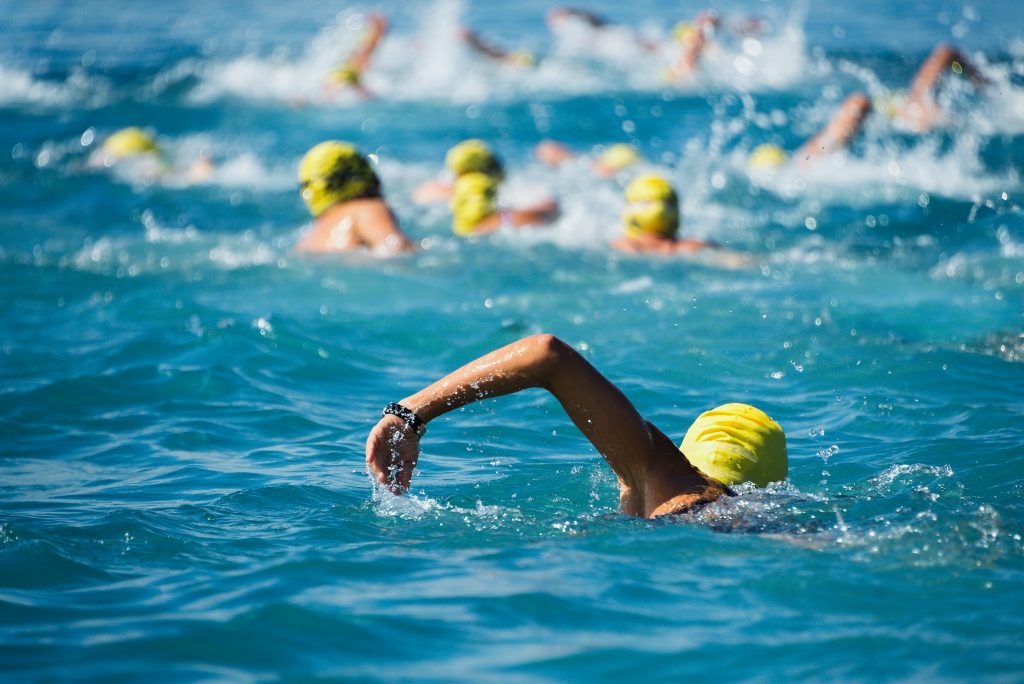
What to eat whilst training?
Carbohydrates are your friends so you’ll need to ensure your diet consists of certain carbs, to provide you with the energy you need come race day. A diet rich in complex carbohydrates, including, wholegrains, green veg, potatoes, corn, whole wheat breads/pastas/flour, brown rice and legumes, are a must. Pair these with lean proteins, such as chicken or fish for nutritional meals.
Aim for these carbohydrates & proteins to make up more than half of your meal, including vegetables, and good fats such as avocado, cashew nuts pumpkin seeds or coconut flesh.
If you’re someone who loves snacking, dates are a great energy booster before a swim. They are also easy to digest, so your stomach shouldn’t feel heavy whilst in the water.
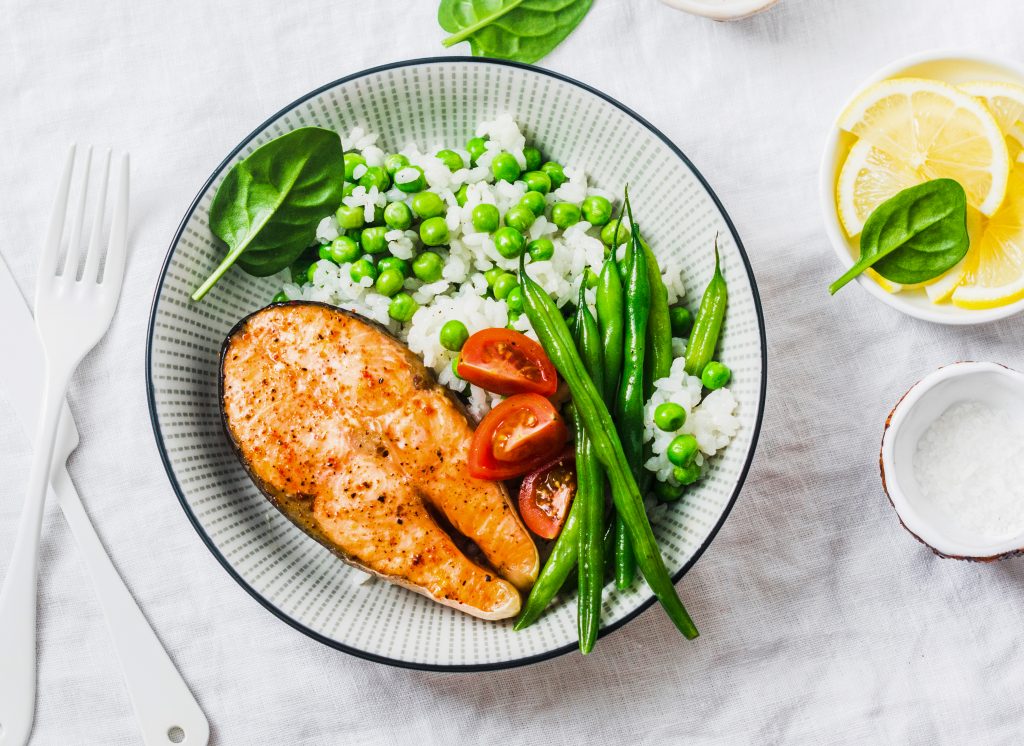
What should I eat before the swim event?
Keeping to a similar nutritional approach (as previously mentioned) for race day is important. Your body needs slow-release carbs to keep you energized throughout your swim, but remember these can take time to digest (so don’t eat just before the event). Options at this time include wholemeal pasta, sweet potatoes, brown rice, eggs, and chicken.
You could even have a smoothie, as this will supply your body with the nutrients it needs without putting pressure on your digestive system.
However, make sure you don’t consume a large amount of carbohydrates before the event, as this can be counterproductive for swimmers. This could result in cramping and a sluggish performance, from the increased amount of starches and sugars that your body isn’t accustomed to.
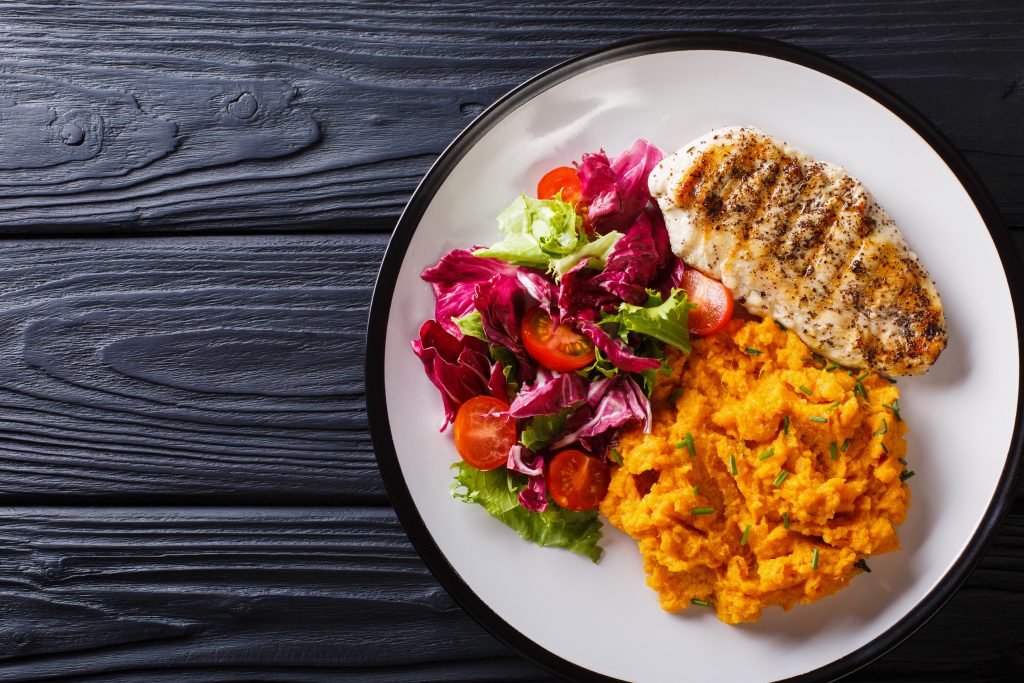
What should I eat after a swim?
Don’t forget that your body needs to recover after a swim! Refueling is important, try to do this within 20-30 minutes after swimming, however, as tempting fatty foods may be, these will put extra pressure on your digestive system. Opt for something more healthy such as fresh fruits, smoothies, whole grains, nuts or even a protein shake.
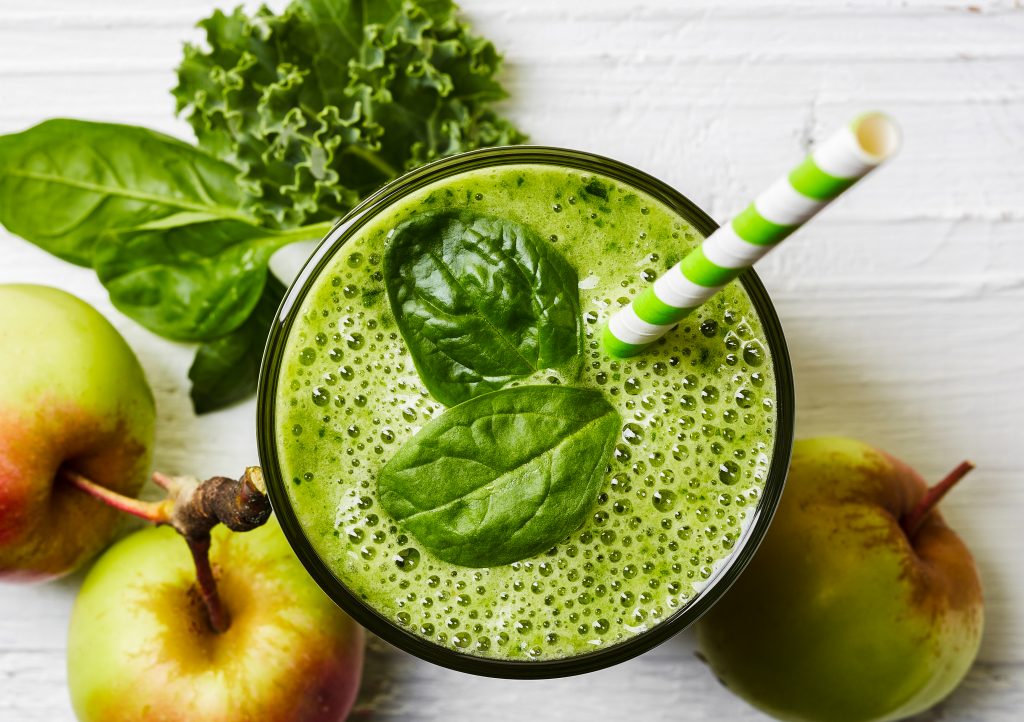
How often should I eat?
Eating frequent, smaller nutrient-dense meals is important in the lead up to an event. Avoid the traditional three large meals a day approach. If you’re training in the morning, get some calories in before hitting the water. If not, you’ll likely end up feeling depleted and hungry afterwards.
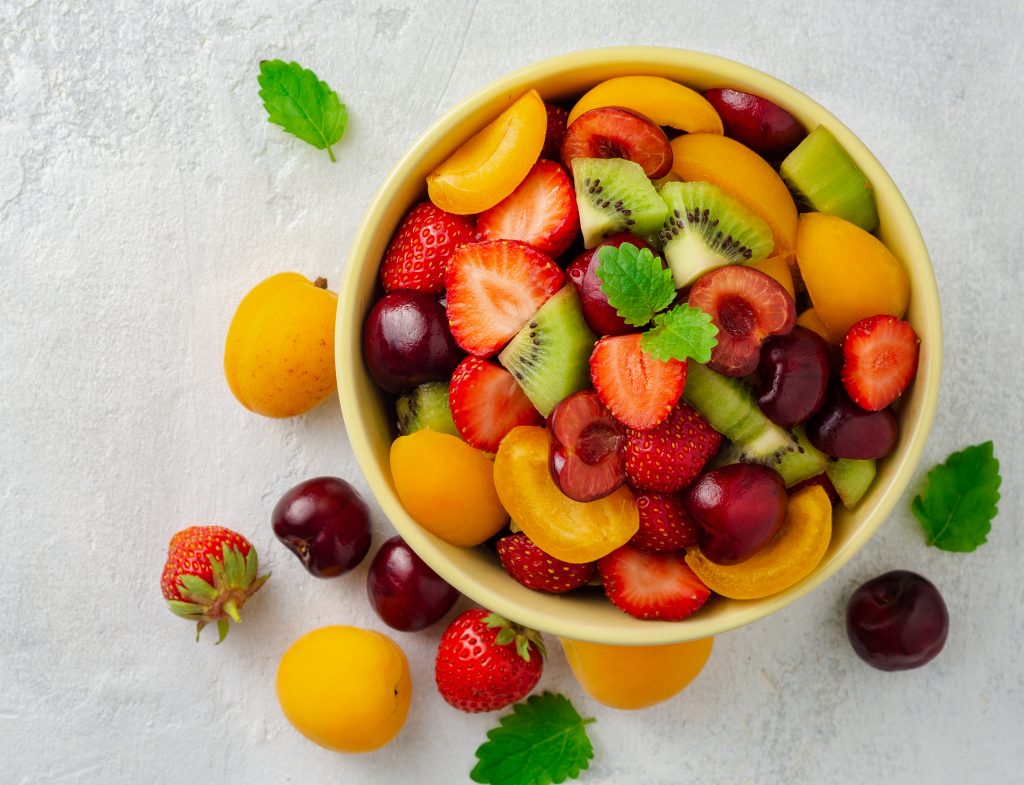
How much should I drink?
Staying hydrated is imperative whilst swimming, as it is with any physical exercise. Being dehydrated can affect your energy levels and performance. Ensure you have a water bottle with you for both before and after your swim.
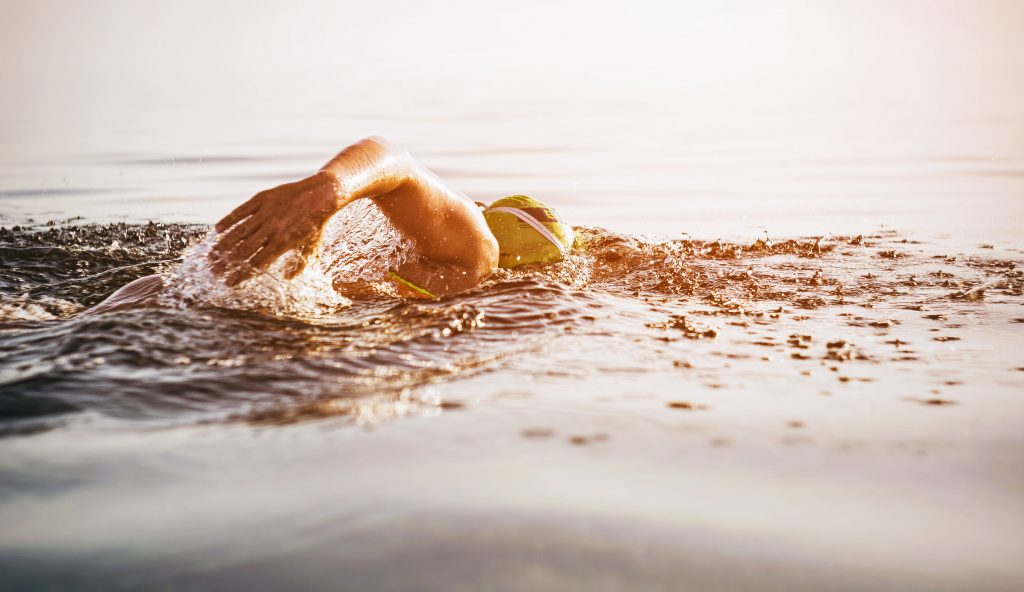
This all sounds pretty delicious, not your standard boring diet!
Whether you’re competing to outdo your performance last year, or getting involved for the first time, we wish you good luck and hope you enjoy the event!
